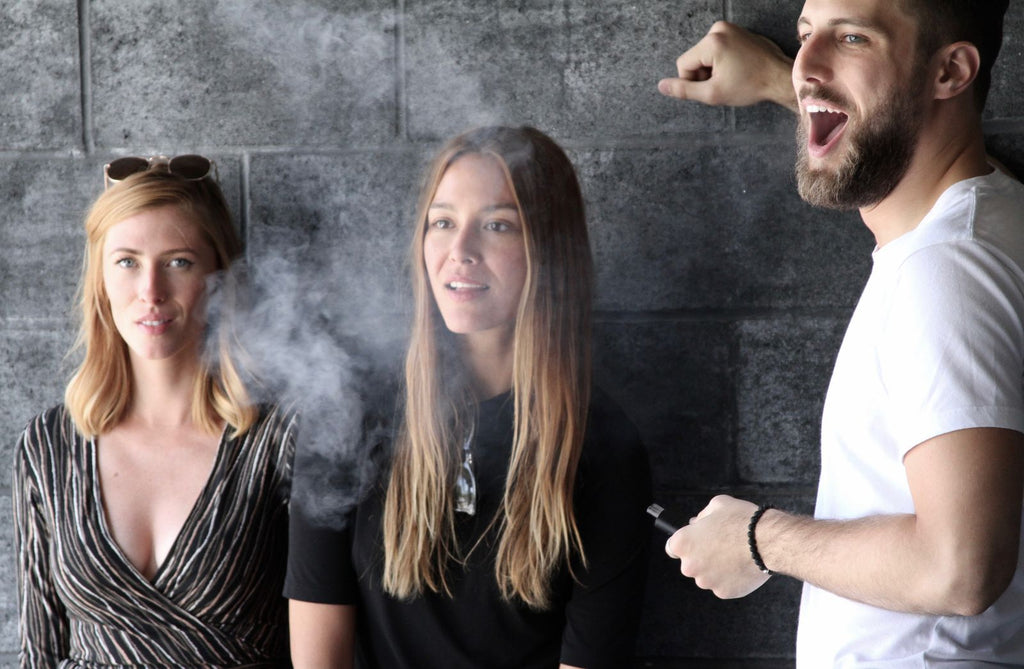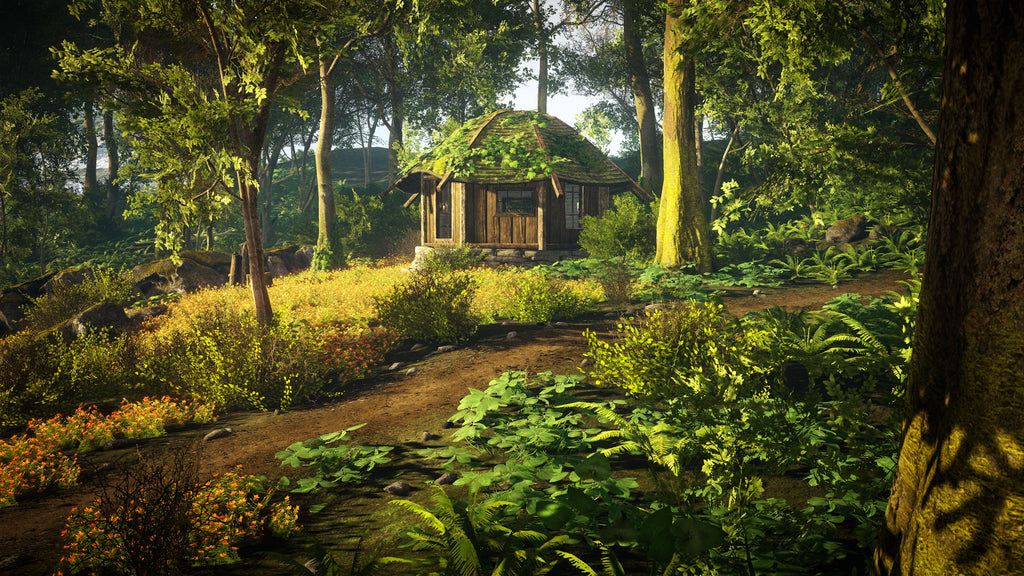How loose leaf affects your sleep cycle and dreams
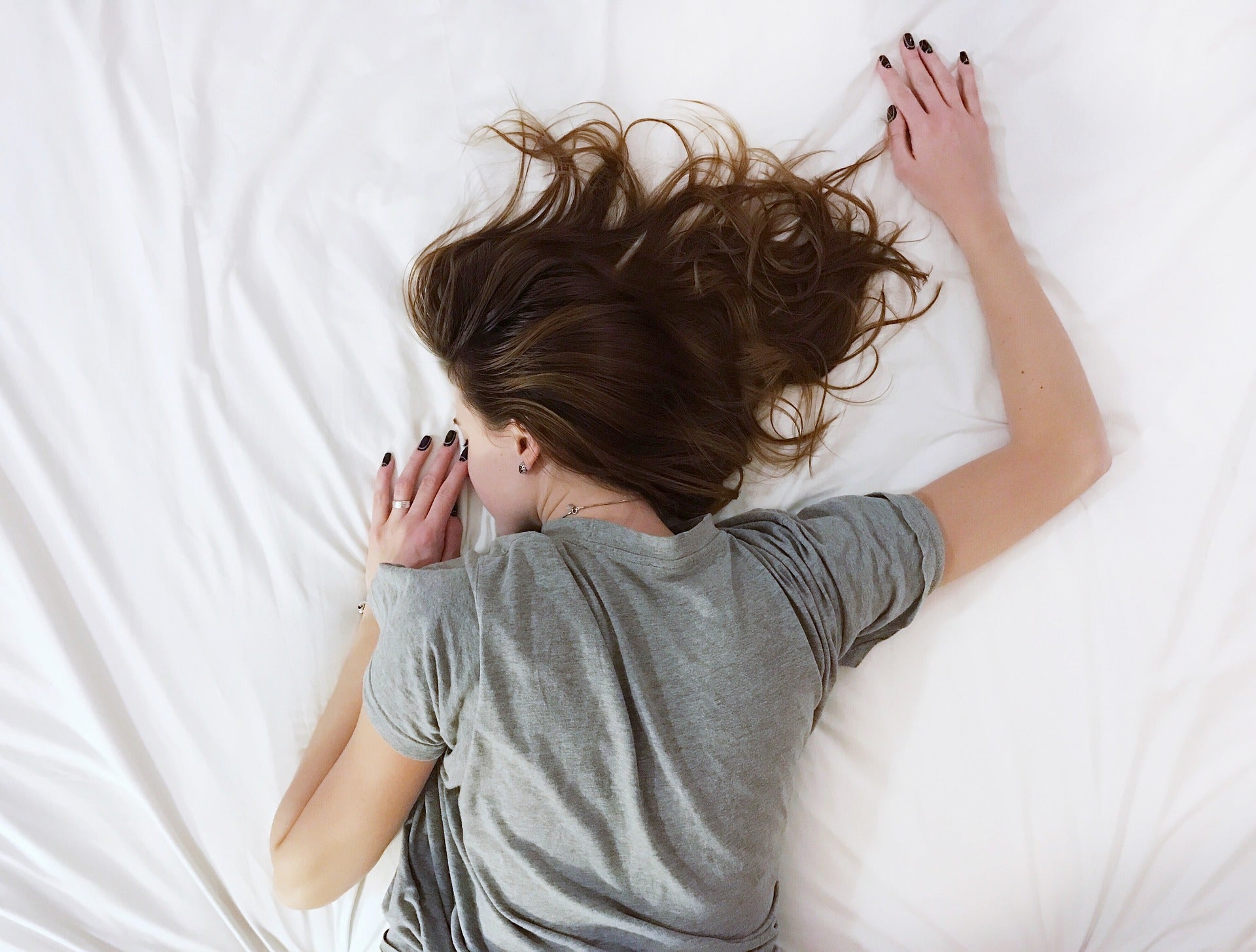
According to several studies done in the United States, approximately 70-80 million Americans suffer from some sleep-related disorders; from insomnia and sleep apnea to terrible nightmares due to trauma, leading to sleepless nights and sleep paralysis as well. Loose-leaf isn’t the most efficient treatment for some of these sleep disorders, however, it can be a very potent solution for sleeplessness, and for people who have frequent nightmares, the lack of dreams is a godsend and it’s something most medications can’t really tackle effectively.
But until a few years ago, our understanding of how exactly loose leaf affects our sleep, sleep cycles and the dreaming process was fairly limited. Let’s see what it entails.
Early Sleep Cycles
It’s important to note that our understanding of sleep isn’t very clear. In the sense that we don’t really know why we sleep from a scientific standpoint. We know how it happens, we know the dynamics of it and what we can do to improve it and the issues that can be caused due to poor sleep. The exact process of sleep and why it happens still remains a mystery, however. When we do fall asleep, there are three primary types of sleep cycles: there’s the early light sleep cycle, there’s the deep sleep cycle and there’s the REM sleep cycle.
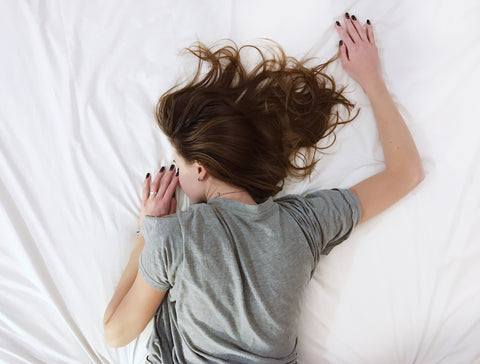
Some of the biggest issues insomniacs face is trouble falling asleep, which is where the early sleep stage kicks in and where loose leaf has the maximum effect
Right after we fall on our beds, keep our phones on the bedside table and close our eyes, and slowly drift off to sleep, we enter the early stages of our sleep cycle. Do you know that feeling when your eyes are closed, you know you’re about to fall asleep but you’re also loosely aware of your surroundings? That’s pretty much what the early sleep stages entail. For many people who have insomnia, this stage proves to be the most difficult as it requires a good environment, lack of stress, and a state of mental calm and relaxation, things that cannabis is massively beneficial for. Most studies have found that cannabis helps you fall asleep more quickly and there’s evidence that it also helps lengthen this stage.
Deep sleep stages
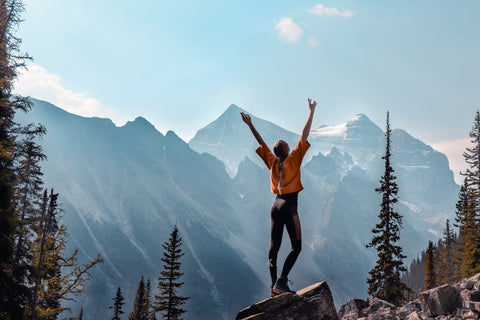
The deep sleep stage is very important in its ability to recover and process memory on a subconscious level aside from repairing body tissues and brain cells
The deep sleep stages are where the body starts recovering and repairing tissues, cells and starts working on the person’s memory recollection and other aspects of a person’s memory. It’s been found that cannabis has a tendency to repress memory processing and memory recollection during this stage, but bodily recovery either remains the same or is slightly more improved. Experts suggest that repression of memory recollection can prove to be detrimental, which makes sense because it means your ability to remember gets compromised. For many people who have frequent night terrors, PTSD and sleep paralysis, this aspect of loose leaf is immensely beneficial as it helps them in their recovery from their trauma in cases of PTSD and the fundamental process of dreaming for others.
REM sleep, dreaming, and impact of loose leaf
Rapid Eye Movement or REM sleep is the most important stage of sleep: this is the most active phase of sleeping and is the stage where a person has dreams. Dreams can be auditory, visual or even lucid (where you’re aware that you’re dreaming).
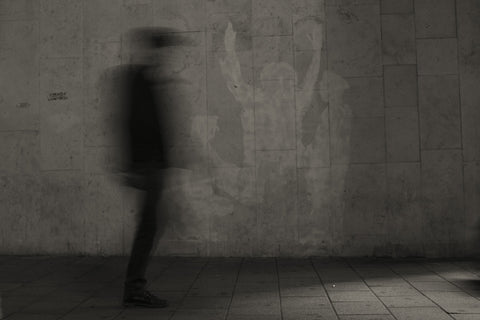
For people with frequent episodes of night terrors, nightmares and PTSD, the lack of REM sleep and dreams is great because it helps them live a much better quality of life and overcome depression and poor mental health
Loose leaf tends to repress one’s ability to dream by actively suppressing REM. While this doesn’t mean that one’s sleep is of poor quality, it tends to suppress the movement of our eyelids during sleep pretty heavily. For people who’ve suffered from frequent nightmares, night terrors and for patients of PTSD, this is an excellent solution to the longstanding problems they face during sleep: poor mental health, low sex drive, low appetite/weight gain along with feelings of depression, anxiety and anger are very common, and the lack of dreams when using loose leaf on a daily or regular basis has proved to be beneficial for a large chunk of people.
While this is good news for a subset of people, there's a lot to uncover here: If cannabis suppresses eyelid movement, there's not much of REM sleep left, which means our sleep would then mostly be in the deep sleep stage until you wake up. This doesn’t mean there’s no REM sleep, however, there’s very little eye movement in the stage, which affects memory processing pretty significantly.
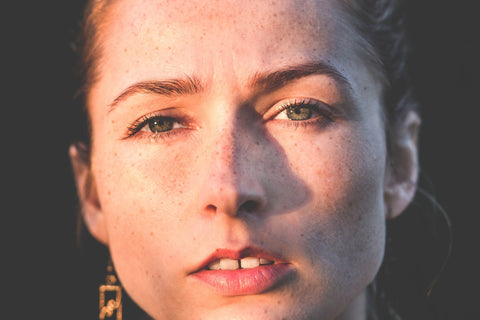
The lack of eye movement in most people who smoke pot has interesting consequences that are yet to be uncovered, however, its benefits to sleeplessness are undeniable
A lot of our memories are stored in our subconscious, which is what is active during our dream stage. This lack of stimulation could prove to be detrimental in the long term for people who use cannabis solely for their insomnia. The fact that the deep sleep stage gets stretched due to dry herb explains why one feels more drained than usual when waking up, especially if your pipe is a big one.
Other things to consider
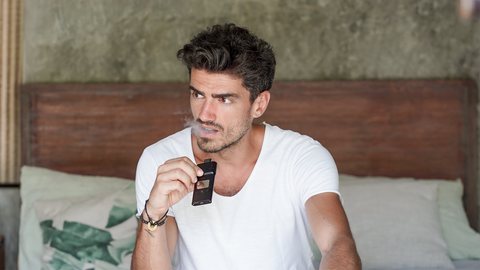
Quitting loose leaf for helping deal with sleeplessness can lead to your sleep problems getting worse and for dreams to become very lucid, as if you’re actually there
People who quit using loose leaf after years of consistent use have reported experiencing extremely vivid dreams. There also seems to be a slight correlation between quitting loose leaf and increased insomnia, especially if it was used to treat it. While this isn't a long term issue in most cases, it brings up concerns of long term loose-leaf use on sleep processes. On one hand, it's one of the most potent and least abrasive substance to treat sleep-related disorders. However, its impact on REM sleep is puzzling and something that needs to be studied further.
There's also the aspect of memory processing and recollection to consider, which, while not peculiar, is something that needs further research on. The most significant drawback here is that our understanding of sleep itself is not clear, so therefore we don't really know why cannabis affects our sleep the way it does, not properly anyway. Whether that roadblock can be fixed, however, remains to be seen.
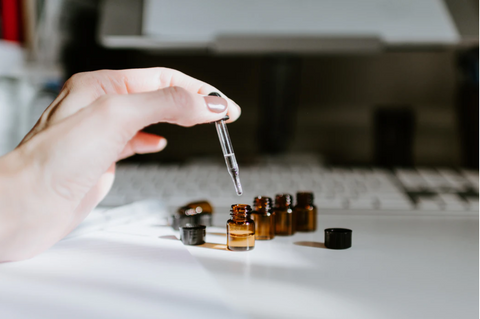
CBD is one of the more viable solutions for sleeping issues, especially in the current scenario of an epidemic
Overall, however, we feel that there’s not much that should stop a person from using loose leaf for helping them with their sleep issues. In particular, if a person wants to avoid the psychoactive effects of loose leaf, using CBD products are also massively beneficial in aiding sleep disorders.
Also, it’s probably just a tad bit safer to be taking any cannabis products orally in a non-smoking form given the coronavirus so sticking to vapes and edibles/tinctures will be good in the long run.


